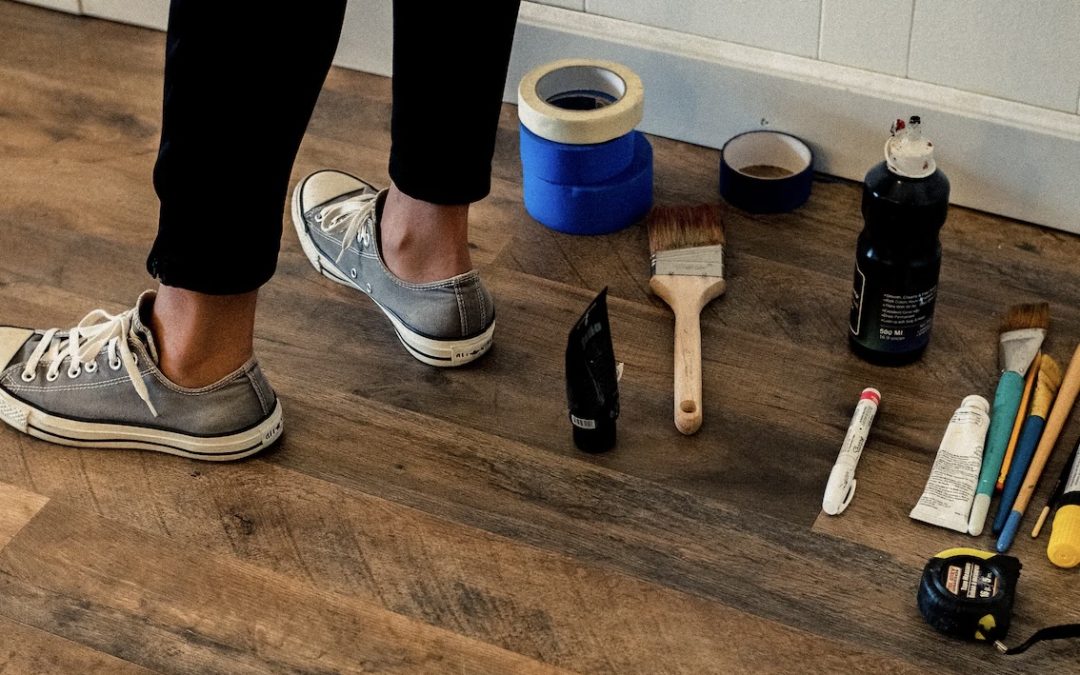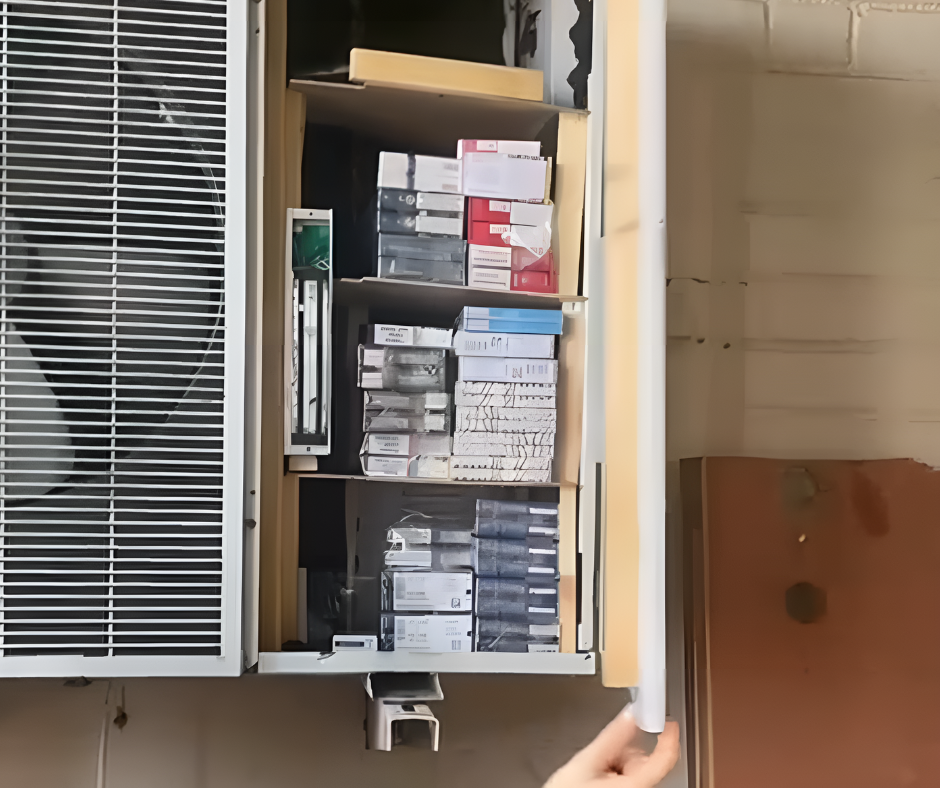Households will no longer have to pay to get rid of DIY waste, Environment Minister Rebecca Pow announced yesterday (Sunday 18 June).
Following overwhelming public support, the Government will abolish the fees which some local authorities charge for disposing of DIY waste at household waste recycling centres (HWRCs). This will support householders to dispose of their waste in a responsible manner and encourage recycling.
Currently, Herefordshire Council allows households to dispose of household DIY waste, as long as the work is undertaken by themselves.
“Do not put any building materials or building waste in your household collection bins.
“Second-hand building materials such as roof tiles and bricks can be reused. If you cannot reuse them yourself contact second hand building merchants/reclamation yards.
“DIY building waste from your own home is accepted at Household Recycling Centres if you have undertaken the work yourself. However this is not considered household waste if you have paid a trades person to come in and complete the work. The waste then becomes commercial and is not accepted at the Household Recycling Centre and other arrangements will need to be made to dispose of the waste. If you have a lot of waste from renovation work then you should think about hiring a skip or taking it to a private transfer station.”
Around a third of Local Authorities still charge for household DIY waste. The changes outlined today will mean councils treat DIY waste the same as household waste and could save households up to £10 for an individual item – for example, a sheet of plasterboard.
This will make it much easier and cheaper for people making home improvements to get rid of their waste – and may reduce the temptation to use waste cowboys who fly-tip rubbish.
Environment Minister Rebecca Pow said:
We want to make it as easy as possible for people to dispose of their waste properly and that’s why we are removing the financial burden on doing the right thing with DIY trash.
This not only supports our wider work to tackle fly-tipping and waste crime, but we are helping home improvers across the nation make their dream projects a reality.
These changes complement wider action we are taking to tackle fly-tipping and waste crime, which is estimated to cost the economy £924m per year in England. Earlier this year we announced grants totalling £775,000 to help councils roll out a range of projects to crack down on fly-tipping. We have consulted on reforming the waste carrier, broker, dealer regime and on introducing mandatory digital waste tracking, and we are also developing a fly-tipping toolkit with National Fly-Tipping Prevention Group to help spread best practice among local authorities on tackling the issue.
Executive Director of the Environmental Services Association, Jacob Hayler, said:
We welcome any measures that make it easier for householders to dispose of waste correctly and responsibly at their local Household Waste Recycling Centre, which in turn reduces the chance of it falling into the hands of criminals or being fly-tipped.
Tackling the scourge of waste crime, from low-level fly-tipping to industrial-scale illegal operations, will require a multifaceted approach which is why we also support additional measures being introduced to help local authorities and to implement digital waste tracking alongside reform of the licensing regime for waste carriers, brokers and dealers.
The Government clarified the law in 2015 that local taxpayers should not be charged for disposing of household waste at civic amenity sites – scrapping backdoor “tip taxes”. It has also repeatedly stated that councils should not be charging for such DIY household waste disposal either.
The changes announced today clarify that DIY household waste should be treated the same as household waste.
These reforms will protect the local environment by encouraging responsible waste disposal, whilst keeping down the cost of living for households.




